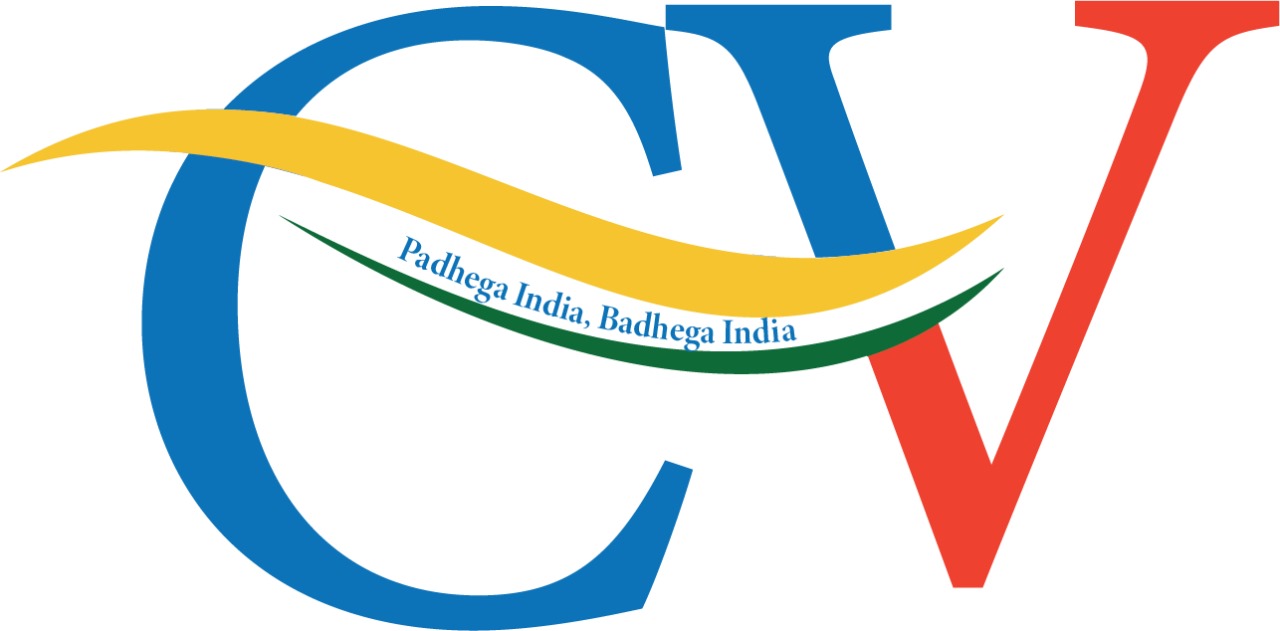The Indira Gandhi Institute of Development Research (IGIDR) offers several scholarships and financial support options to students enrolled in its programs. These scholarships are available to students based on their academic performance and financial need. They are designed to help cover tuition fees and living expenses. Typically, the application process for IGIDR programs begins in March or April, with entrance exams held in May or June. Scholarship details, including deadlines, are usually announced along with the admission notification.
Eligibility:
- M.Sc. in Economics: Typically requires a bachelor's degree in Economics or related fields with a strong background in mathematics and statistics.
- M.Phil./Ph.D. in Development Studies: Usually requires a master's degree in Economics or related fields.
- Candidates must also have a good academic record and may need to clear an entrance test or interview.
Opening Date: 29-Jan-2026 02:18 AM
Closing Date: 29-Jan-2026 02:18 AM
The syllabus for the entrance exam of the Indira Gandhi Institute of Development Research (IGIDR), which plays a key role in awarding scholarships, is designed to test candidates' proficiency in economics, mathematics, and related areas.
For M.Sc. in Economics:
General Aptitude:
-
- Logical Reasoning
- Data Interpretation
- Basic Mathematics
- Quantitative Aptitude
Economics:
-
- Microeconomics: Demand and Supply, Consumer Behavior, Market Structures
- Macroeconomics: National Income, Inflation, Monetary and Fiscal Policies
- Indian Economy: Development Strategies, Economic Reforms, Current Issues
- Development Economics: Growth Theories, Poverty, Inequality
- Public Economics: Government Policies, Taxation, Public Goods
Mathematics:
-
- Algebra: Equations, Matrices
- Calculus: Limits, Derivatives, Integrals
- Probability and Statistics: Probability Distributions, Hypothesis Testing
- Linear Algebra: Vectors, Matrices, Linear Transformations
For M.Phil. and Ph.D. in Development Studies:
Economics:
-
- Advanced Microeconomics: Game Theory, General Equilibrium, Welfare Economics
- Advanced Macroeconomics: Economic Growth, Business Cycles, Unemployment
- Econometrics: Regression Analysis, Time Series, Panel Data
- Development Economics: Sustainable Development, Human Capital, Globalization
- International Economics: Trade Theories, Exchange Rates, Balance of Payments
- Public Economics: Taxation, Public Expenditure, Budget Deficits
Mathematics and Statistics:
-
- Advanced Mathematics: Differential Equations, Optimization Techniques
- Probability Theory: Random Variables, Distributions
- Statistical Inference: Estimation, Hypothesis Testing, Confidence Intervals
- Linear Algebra: Eigenvalues and Eigenvectors, Matrix Decomposition
Research Methodology:
-
- Research Design: Sampling Techniques, Data Collection Methods
- Data Analysis Techniques: Descriptive and Inferential Statistics
- Quantitative and Qualitative Research Methods: Surveys, Case Studies, Regression Analysis
Guidelines
- All questions are mandatory and there is no negative marking.
- Duration: minutes
- Total Questions:
- Question Type: MCQ
Disclaimer
- Read the question carefully.
- Select the best answer from the provided options.
- Ensure you have a stable Internet connection.
- After selecting your answer, click on the "Submit" button.
